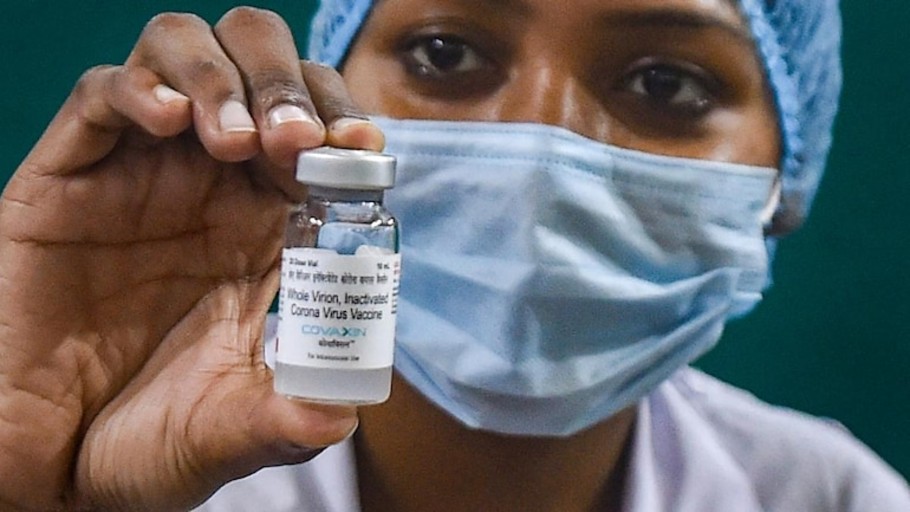
Experts say India must come out with its own vaccine effectiveness data

Less than five months after India introduced the indigenous Covaxin vaccine against COVID-19, the country still lacks evidence of how effective the shots are on its own population. Reports said 2.1 crore doses of Covaxin, manufactured by Bharat Biotech, had been administered across the country till May 27.
The health ministry said on Friday (May 28) that cumulatively 20.57 crore number of COVID-19 vaccine doses have been administered in the country. India is the second country after the US to achieve the vaccination landmark of 20 crore.
However, the absence of data on the effectiveness of the vaccines can make it difficult to formulate evidence-based strategies and respond adequately when new data emerges from real-world studies elsewhere, said experts, The Indian Express reported. Take, for instance, Public Health England’s (PHE) data suggesting that two doses of a COVID vaccine are necessary to provide “strong protection” against the B.1.1.7 and B.1.617.2 variants.
Also read: Interval between Covishield vaccine doses extended to 8 weeks | Know why
PHE’s study looks at all symptomatic cases, but does not determine the protection of these vaccines specifically against severe disease and death — India’s primary aim — because of its smaller sample size.
Secondly, the study looks at a 12-week gap between the first and second dose of the AstraZeneca vaccine, while people in India have received their second doses of this vaccine at 4-6 weeks and 6-8 weeks as well.
Finally, it is also not clear how relevant this study might be here as the disease has progressed differently in the UK.
“I’m actually not sure what these findings mean for India, because I don’t have Indian data to go by,” Dr Gagandeep Kang, a vaccine expert and professor at Christian Medical College in Vellore, told The Indian Express.
Also read: Efficacy, acceptance, production: A COVID vaccine’s formula to success
“The UK had very few people with prior infection who were given the vaccine, whereas, in India, sero surveys before the second wave showed that 50 per cent of the population in urban areas and a lower percentage in rural areas had already been infected,” she said.
These findings emphasise India’s need to “urgently” conduct its own vaccine effectiveness studies, according to her.
“I would really like to see real world vaccine performance in India, with extensive sequencing, because this is an opportunity for Indian science to inform the world and not the other way around,” she said.
Local vaccine effectiveness studies would have also provided India data on the performance of a single dose in comparison to two doses, according to Dr Kang. This is “particularly” useful since we have variants that are only now increasing in other parts of the world.
“It is likely that the effectiveness of these vaccines would be different when looking only at moderate to severe illnesses and mortality benefits. It would be very helpful if we had our own data on that,” said Dr Chandrakant Lahariya, another vaccine expert specializing in public policy and health systems, told the Express.
A random sample survey could give an idea of how the strength of neutralizing antibodies varies if the second dose is given at different intervals, the Express quoted Public Health Foundation of India president Dr K Srinath Reddy.


